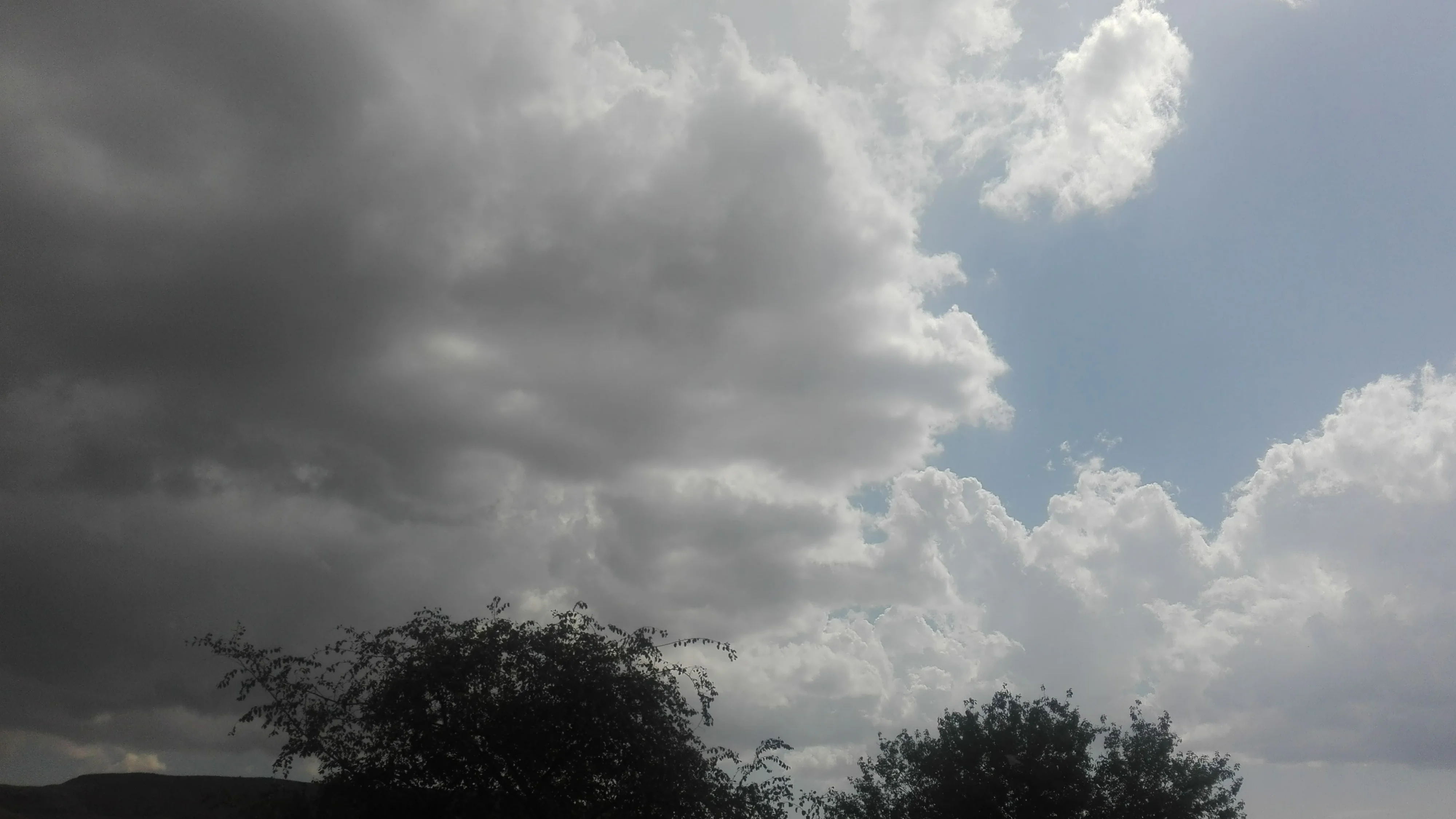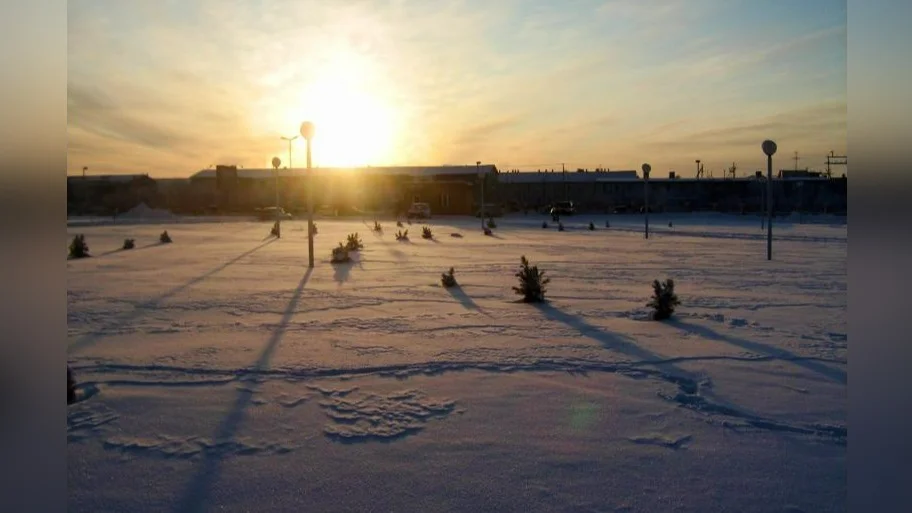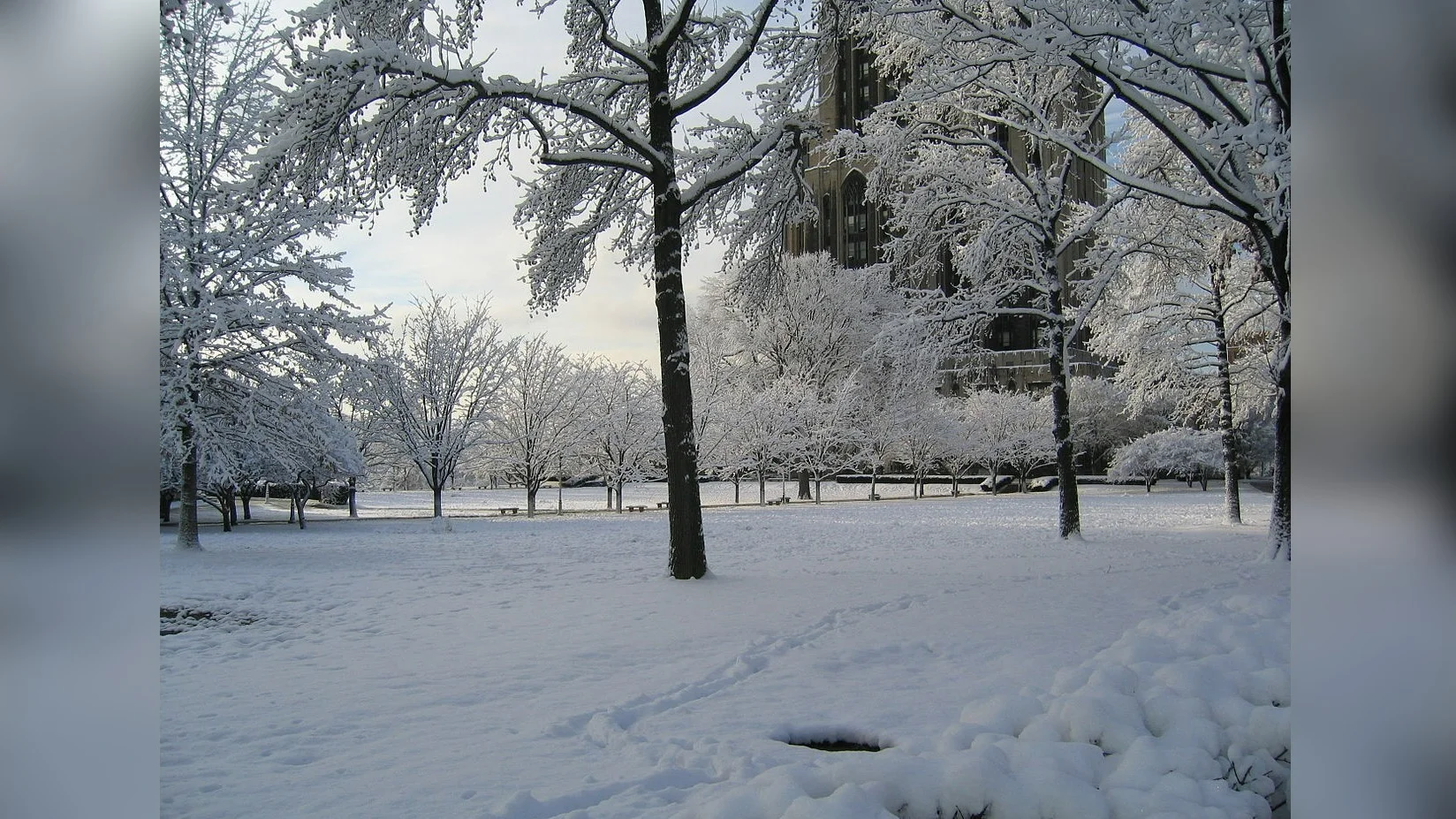Leaders from The Church of Jesus Christ of Latter-day Saints participated in the annual G20 Interfaith Forum (IF20) held this week in South Africa. The event brought together around 500 global leaders to discuss ways to create a more inclusive and ethical world through dialogue and service.
Elder Thierry K. Mutombo, president of the Church’s Africa Central Area, addressed attendees during an August 11 session. He spoke about the importance of unity and service, saying, “This forum is an opportunity — a God-given one — to determine how we can continue to collectively make a difference for good in the lives of others. We must stop looking for reasons to divide and instead seek for opportunities to be one and serve others as one. Collectively, we have and can continue to play a vital role in being agents of change. In fact, our role is vital. Our greatest joy comes as we help our brothers and sisters.”
Elder Mutombo highlighted the Church’s humanitarian efforts worldwide and emphasized compassion for those who suffer: “As sons and daughters of God, we are all brothers and sisters,” he said. “We heed an Old Testament admonition: ‘Thou shalt open thine hand wide unto thy brother, to thy poor, and to thy needy.’”
He also reaffirmed the Church’s dedication to service: “I express our unwavering commitment — as a Church and as disciples of Jesus Christ — to serve arm in arm and shoulder to shoulder as we strive to lift others everywhere, in every way we can,” Elder Mutombo said. “This world, particularly the African continent, will never be the same.”
On August 12, IF20 participants worked together on a service project that provided 32,400 meals for people facing food insecurity.
Elissa McConkie Gifford, director of field operations for the Church’s Welfare and Self-Reliance Services, commented on the experience: “The service project was a lot of fun,” she said. “We had young people and older people and people of all faiths and people of all cultures. We shared our love for music and enjoyed just getting our hands dirty and doing something really meaningful besides just sitting here and talking about what we could be doing.”
Throughout the weeklong summit focused on "Ubuntu in Action," which centers on community interconnectedness (“I am because we are”), church leaders discussed self-reliance.
Elder Adeyinka Ojediran from Nigeria participated in an August 11 panel addressing financial sustainability among other topics relevant across Africa. He stated: “It is said that doctrine well understood will change behavior more than behavioral science will do.” Elder Ojediran questioned how interactions might foster internal change leading to positive external impact: “What do we do in our interaction and engagement that can change people from within [so] their actions have positive impact externally that will give us the world God wants us to have?”
He also addressed government accountability: “Can we appeal to the conscience of policymakers [so] they can see people as God’s children and ask themselves how accountable they are to our creator in the policies and things they do that will impact the vulnerable?”
Elder Denelson Silva contributed insights during a panel on hunger relief efforts by highlighting programs aimed at childhood nutrition along with clean water initiatives. He explained self-reliance's importance while addressing hunger: “I believe hunger can be overcome when we extend our hand. But our hand does not need to be there forever,” Elder Silva said. “As children of God, we have the divine potential to do for ourselves what nobody can do... And by learning that, I can make a difference in my own life... my family... my community... my posterity.”
Elder Adilson de Paula Parrella spoke about religious freedom responsibilities during another panel discussion by stressing involvement with local communities regardless of location: “Regardless of where we are, we should be engaged in [our] host country,” he said. He described supporting humanitarian projects such as those aiding families through partnerships like with United Arab Emirates Ministry of Family.
“Everything that we are discussing institutionally starts at home with parents... But we set the example of how we treat others...” Elder Parrella added.
On August 13th panels turned toward support for vulnerable groups; Elder Vaiangina Sikahema recounted personal experiences growing up with limited means but learning dignity through contributing labor after receiving aid from church welfare programs:
“Our Church impressed upon my parents that we were to contribute to our own self-reliance,” Elder Sikahema said...“You know what that did for us? It gave us dignity.”
In another session focused on resilience following hardship or disaster response planning within communities affected by loss or trauma, Elder Isaac K. Morrison underlined trust-building before emergencies occur while advocating participation by those impacted:
“It was very difficult for us,” Elder Morrison recalled regarding personal loss.“Do you know what helped us? Many members from our community ... telling us about their own story.That brought so much comfort...”
He continued,“But if we can let them tell their story ... they become part of solution.It helps in healing process.”
Summing up his message aligned with IF20's purpose,Elder Morrison concluded:“The Savior taught,'Blessed are peacemakers...' Once share resources together,...we become strong peace community.”
 Alerts Sign-up
Alerts Sign-up





